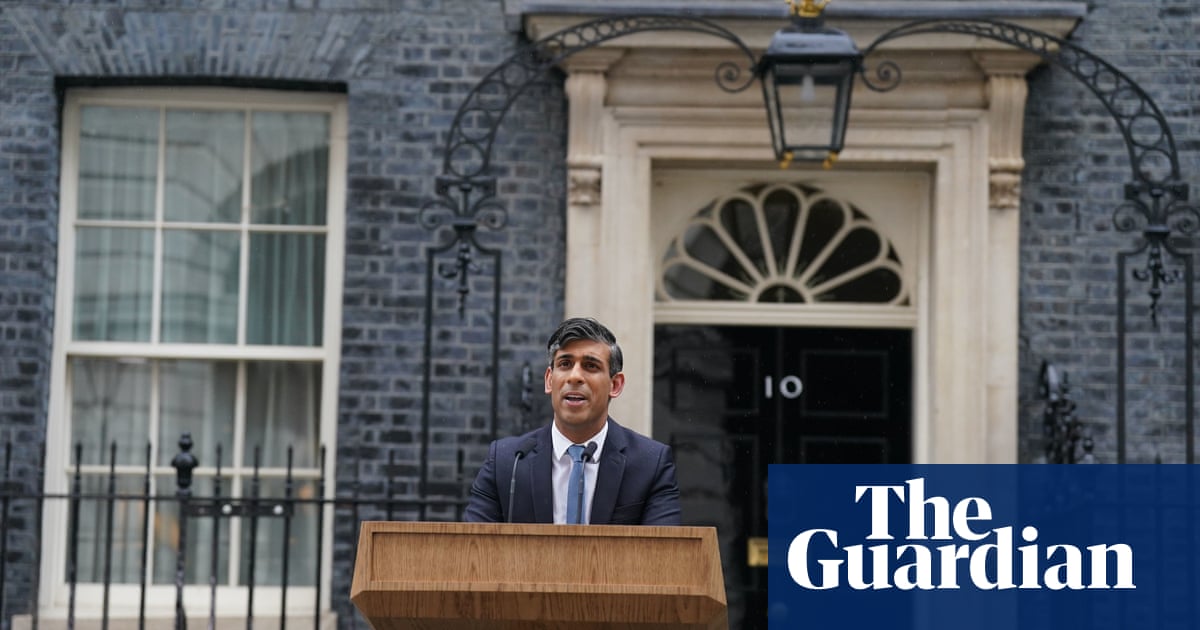
You’ve heard the one about the drunk man looking for his keys under the streetlamp? After an age pacing back and forth, scouring the floor for them, his friend asks him where he thinks he dropped them. He points across the road, to a patch of darkness. “Why aren’t you looking there, then,” he friend asks. He shrugs. “Because this is where the light is.” Good joke. Everybody laughs.
Let’s talk about online political adverts.
“Microtargeting” isn’t a thing any more, explains the Guardian’s Jim Waterson:
Don’t expect to see Cambridge Analytica-style microtargeted political adverts driven by personal data during this general election: the tactic is now considered by many to be an ineffective “red herring” and is increasingly being blocked by social media platforms. The digital strategist Tom Edmonds said Facebook had banned political campaigns from using many of the tactics deployed in past contests. “Running a campaign aimed at 500 people didn’t earn them much money and just got them loads of shit,” he said.
Microtargeting was feared because of the possibility of deleterious effects on democracy: if you could target a thousand different messages at a thousand different demographics, then the whole idea of a single national conversation begins to break down. Instead, what happened is it just didn’t really work.
Ultimately, the biggest competitor to the likes of Cambridge Analytica was Facebook itself. There’s little point in spending vast sums profiling individual voters to microtarget them when the social network’s ad tools let you simply hand over all targeting decisions to Facebook itself. The social network lets advertisers set “performance goals” [like sales, clicks, or signups], set a spend limit, and sit back and watch as it goes ahead and does whatever it thinks maximises return. The company will even pick the best combination of words and images to boost your chances of success.
But Facebook can only help you so much. If you’re creating adverts for specific candidates, for instance, who should you focus your time and money on: people who might win, or people who are definitely going to lose? If you said the latter, you might just work for the Conservative party. From our story:
The strategy is known within the party as the “80/20” approach, in which it focuses all its spending on the 80 seats it came closest to losing in 2019 and the 20 seats it came closest to winning.
Ad spending reports on Facebook show that these constituencies are exactly where the party is funnelling its money. More than half of the party’s spending on the social network since January has gone to its 80 tightest seats, or to seats it does not hold at all.
We started monitoring Meta ad spending to try to work out whether the reported “80/20 strategy” was holding. It is one thing to propose two years out from an election; it’s quite another to stick with it when an election is barely a month away.
But we also started monitoring Meta ad spending because we could. The company maintains a library of all political ads, discloses total spending, and requires verification of residency before people can launch new adverts. That library has come under a lot of criticism over the years, but at least it exists. More than that, it has a robust toolset that lets us write our own software to query against it, which means we can answer more serious questions than “are there any interesting adverts that anyone has paid for recently”.
Yet, like the drunk looking for his keys, it’s unlikely that Facebook is actually where the story is. For huge swathes of the country, conversations that once happened on the public social network have shifted to private channels, led by Meta’s own WhatsApp. That which remains on Facebook itself is swamped by AI-generated slop, and detached from reality after an algorithmic adjustment intended to boost content from “friends and family” – doubly so on Threads, Meta’s Twitter clone, which actively and openly downranks political content of all sorts.
There is more conversation on TikTok, but coverage of that platform is hard. The Observer looked at the digital campaigns, but for TikTok, was forced to focus on the parties’ own official feeds:
TikTok is free – it does not allow paid-for advertising by politicians or parties – but not easy: the social media teams need to work harder to persuade the app’s notoriously opaque algorithm to organically float their content on to users’ phones, which becomes more likely as more people like, share, comment or re-post videos. For smaller, agile parties with low budgets, TikTok will feel like there is everything to win: views, engagement and people who finally find out who they are. Creators who know how it’s done believe Labour has had a better start.
There is an election conversation happening on TikTok. There’s many, in fact, with the platform’s heavily curated algorithmic feed letting every demographic have their own exclusive discourse. But it’s nearly impossible to observe from the outside, short of brute-force techniques like totting up the view count on videos tagged “Sunak”.
It’s worse still, of course, for the conversation on WhatsApp. With its end-to-end encryption and sparse public “channels”, doing data journalism to track the election chats is a dead end.
And then there’s AI. There’s a lingering suspicion that the rise of AI systems will have some sort of effect on this election, but again, we’re forced to look where the light is. Deepfaked video going viral on Twitter, the platform currently known as X, is very obvious (and hasn’t really been seen so far). Wavering voters having conversations with ChatGPT to try to determine where they should put their X is invisible – if it’s even happening.
In the UK, these questions feel largely academic. Outside a few personality-driven local races, the eventual results feel more of a foregone conclusion than they have at any point in my life to date. But as the US goes to the polls in five months’ time, the same questions will be asked – and the answers could be key to what side the coin lands on.
Best get to trying to find them, then.
If you want to read the complete version of the newsletter please subscribe to receive TechScape in your inbox every Tuesday.












